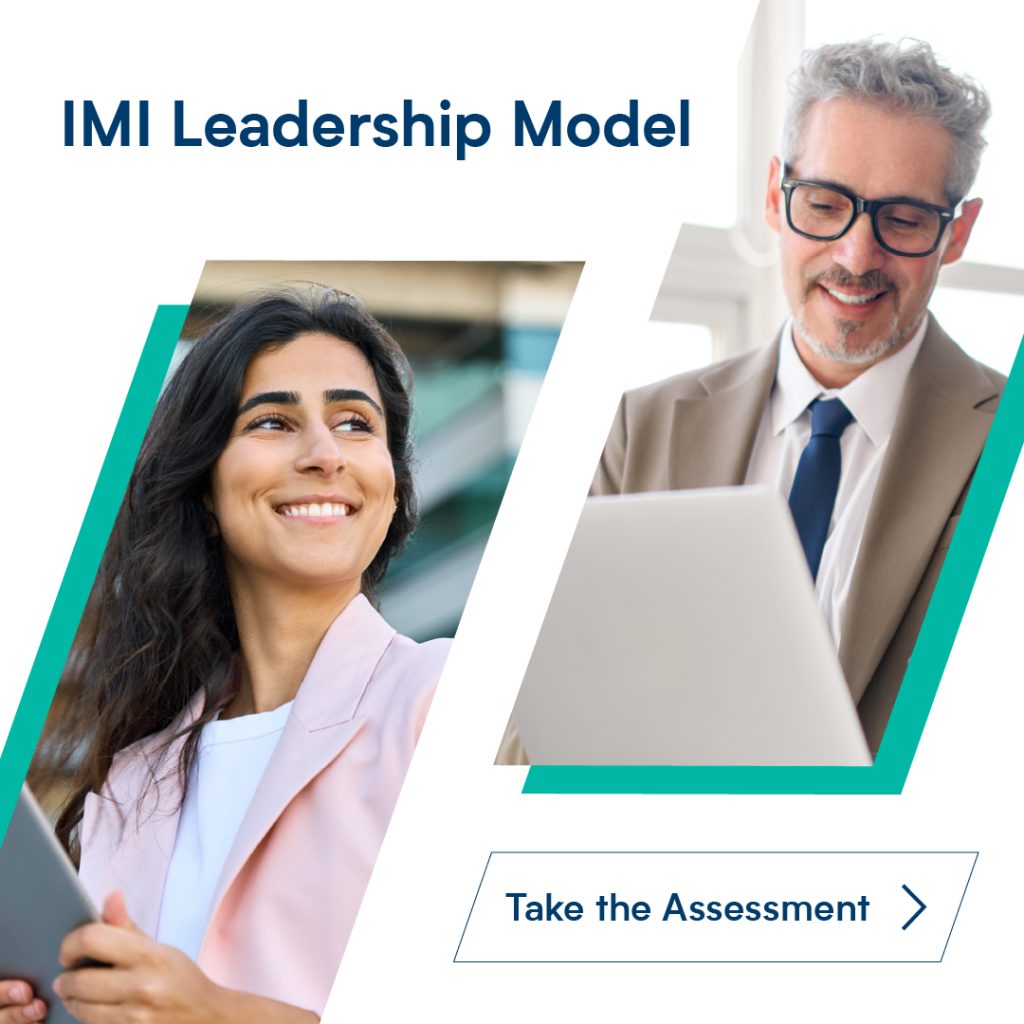Event Insights: The Art of Strategic Thinking with Kriti Jain
Event Insights: The Art of Strategic Thinking with Kriti Jain
In a fully interactive Mini-Masterclass session, leadership expert Dr Kriti Jain provided insights into strategic thinking, sharing thoughts on how we can elevate our cognitive approaches. The session revolved around three pivotal themes: Thinking Paradoxes, Thinking Broader, and Thinking Farther. These concepts are not merely theoretical but practical tools for leaders aiming to navigate the complexities of business.
Thinking Paradoxes
Kriti began by highlighting the concept of paradoxes, sharing a quote from F. Scott Fitzgerald: “The test of a first-rate intelligence is the ability to hold two opposing ideas in mind at the same time and still remain able to function.” Paradoxes, she explained, are contradictory yet interrelated elements. While logical in isolation, they appear absurd when considered together. Revolutionary thinkers, like Einstein with his theory of relativity, often grapple with such paradoxes to drive innovation.
She introduced six leadership paradoxes:
- Globally-minded localist
- High-integrity politician
- Humble hero
- Strategic executor
- Tech-savvy humanist
- Traditioned innovator
These paradoxes challenge leaders to balance conflicting demands. For instance, achieving current objectives while anticipating future trends, or embracing new technologies without losing sight of the human aspect of business. Participants acknowledged that being a strategic executor and balancing tradition with innovation were particularly challenging. Attendees said that they believe they have strength in humility and confidence over all the other paradoxes. Many people feel that dealing with contradictions drains their energy, so we need to try to use the paradoxes to gain energy, and help the people who work with us do the same.
Kriti provided strategies to leverage a paradox mindset:
- Acknowledge the tensions inherent in paradoxes.
- Reframe the questions to uncover new possibilities.
- Distance yourself to gain perspective.
- Communicate with clarity to your team.
- Adopt a both/and mindset rather than an either/or approach.
Thinking Broader
Shifting to the broader perspective, Kriti discussed the rapid evolution of AI and the importance of understanding its unintended consequences. While all types of innovation can have positive spillovers, like advancements in medicine, it can also lead to negative outcomes, exemplified by historical geopolitical interventions.
Participants reflected on how often they consider the unintended consequences of their actions. Most admitted to doing so less than 50% of the time. Kriti emphasized the need for second-order thinking, which involves anticipating both expected and unexpected consequences. She suggested tools like scenario planning and stress testing to prepare for these eventualities.
However, she also cautioned against over-planning. It’s crucial to strike a balance between being prepared and being flexible enough to adapt to unforeseen circumstances, including the unknown unknowns that cannot be planned for.
Thinking Farther
Finally, Kriti delved into the importance of long-term thinking. Attendees noted that in general they spend 30% to 50% of their time making decisions, with some dedicating even more. This can lead to decision fatigue and burnout, affecting both physical and mental well-being.
Understanding the neuroscience behind decision-making, such as the sympathetic (fight or flight) and parasympathetic (rest and digest) systems, is crucial. In crisis mode, our focus narrows, limiting our ability to think broadly. To counter this, Kriti suggested several strategies to carve out thinking time, such as calendar blocking, gym time, and using commutes effectively.
Delegation emerged as a key theme. Many leaders admitted that less than 30% of their decisions could be delegated, indicating a need to empower lower levels in the organisation to take on more responsibility. This not only alleviates the leader’s burden but also fosters a more capable and motivated team.
Kriti Jain’s session on strategic thinking provided a comprehensive roadmap for leaders to navigate the complexities of business environments. By embracing paradoxes, thinking broader, and looking farther, leaders can enhance their cognitive agility and drive their organisations toward sustained success.
Strategic Decision Making
Every Leader or Manager needs to have strategic decision making as a core competency. Without it, the path to career success is limited.
This short programme empowers you to navigate complexity and ambiguity with confidence. A unique blend of learning experiences equips participants to move beyond binary choices, to create real value through strategic decisions.
By means of deep self-awareness and refined influence, you will gain the tools to make impactful decisions individually and within your organisation. With expert guidance, participants challenge assumptions, mitigate biases, and refine decision-making skills to drive success in today’s dynamic landscape.
Strategic Decision Making begins December 5th. Learn more here.



